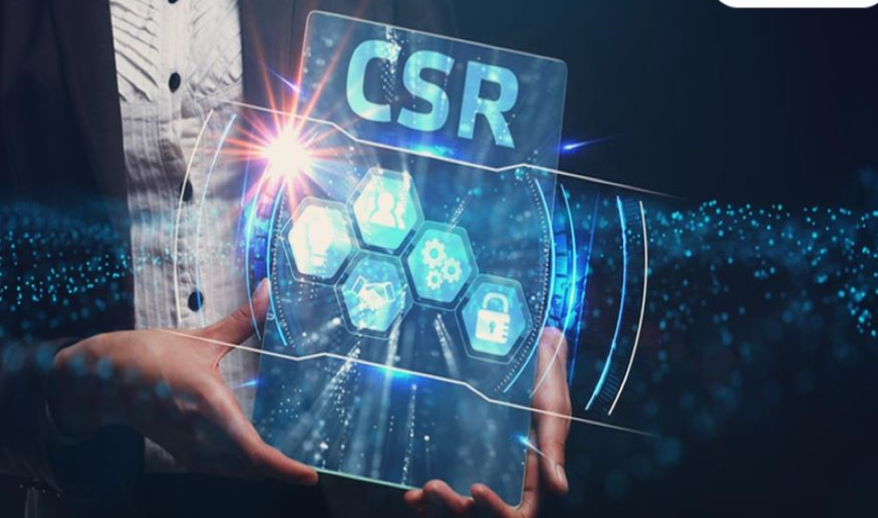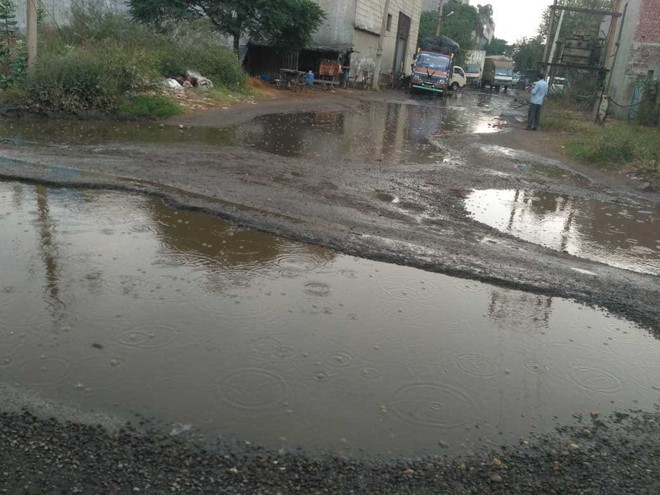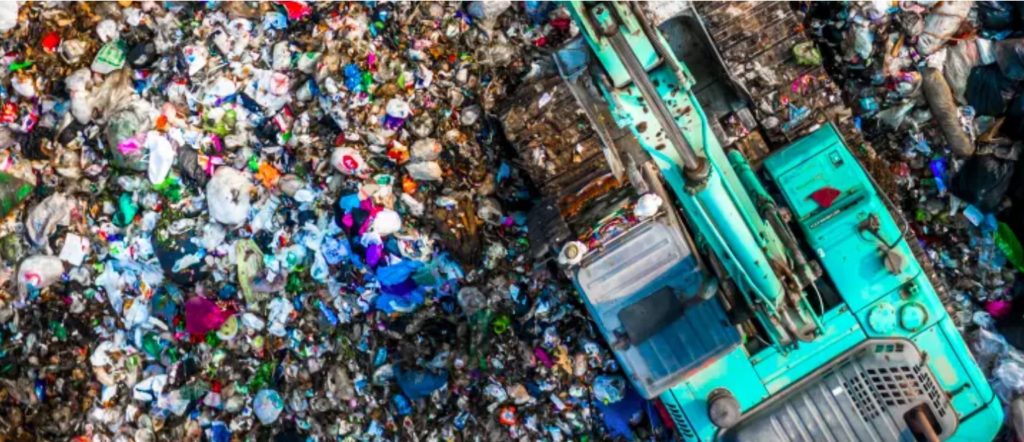Microplastics Highest in the Maldives
The Maldives, a global tourist spot known for its snorkeling, scuba diving, and beaches, has the highest amount of microplastic pollution in its waters. The ubiquity of these plastics will affect its beaches, marine life, and livelihood of island communities. Microplastics, waste that measures less than 5mm, is plastic that’s broken down over time and remains in the environment. Scientists recorded and compared the …




